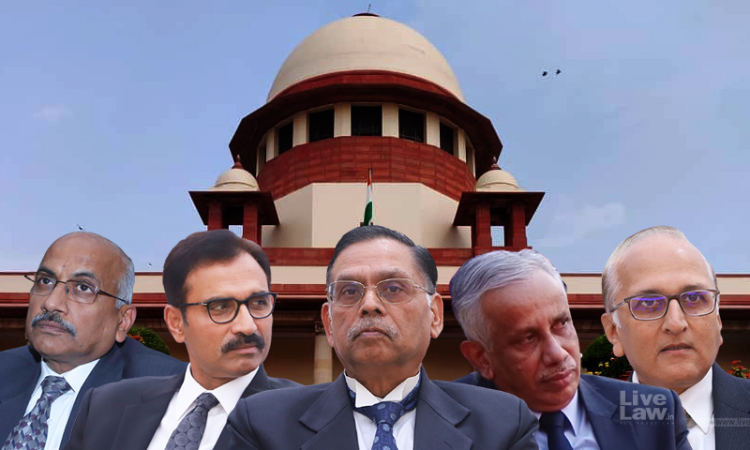Maratha Quota: Supreme Court Constitution Bench Adjourns Hearing To February ; Stay Order Continues
Radhika Roy
20 Jan 2021 11:15 AM IST

Next Story
20 Jan 2021 11:15 AM IST
A Constitution Bench of the Supreme Court on Wednesday adjourned to 5th February for directions the challenge against the constitutionality of the Maharashtra Socially and Educationally Backward Classes (SEBC) Act, 2018, which provided for a quota to Marathas in jobs and education.The Bench headed by Justice Ashok Bhushan took into consideration the submission of Senior...
